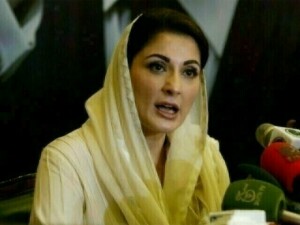African Union head Moussa Faki Mahamat on Monday criticised member states for a lack of solidarity shown to nations on the continent who are facing famine and drought. His comments came as heads of state gathered at the union's headquarters in the Ethiopian capital for a bi-annual meeting as fears rise of mass starvation because of conflict and a biting drought.
"I cannot hide my deep frustration at the silence and inaction of Africans in the face of the terrible tragedy of famine in these regions," said Faki, a former Chadian foreign minister elected in January as chairperson of the AU commission. "What happened to the African values of solidarity and fraternity? What happened to our civil society?"
Faki's election came days after the United Nations said the world was facing "the worst humanitarian crisis since the end of the Second World War," with 20 million people facing malnutrition and famine in Yemen, Somalia, South Sudan and Nigeria. An official declaration of famine in South Sudan was lifted in June after four months, though the situation there and in the three other countries remains desperate.
The situation could be set to worsen as the much-anticipated rainy season in the Horn of Africa draws to a close. The rains were declared "significantly below average" by the weather monitoring group FEWSNET. The AU summit will focus on issues including how to reform the body and make it financially independent from foreign donors. African leaders are also facing with the security threat in the Sahel and unresolved crises in the Democratic Republic of Congo (DRC) and South Sudan.
"At its last summit in January 2017, the AU called for the implementation of the 2015 peace deal, but there is no momentum in getting the South Sudanese government to adhere to it," the Institute for Security Studies wrote last month. The think-tank also highlighted a lack of progress in deploying a regional protection force authorised by the UN last year.
While there is little sign of a breakthrough on the major crises afflicting the continent, Faki was resolute in making security a priority. His predecessor Nkosazana Dlamini-Zuma had come under fire for neglecting the issue. "We remain vigorously focused on the need to reduce tensions and give priority to political solutions in regions where tensions remain, alas, still alive," Faki said. Referring to the AU's goal to end conflict on the continent in the next three years, he said: "The aim to silence the guns by 2020 is our horizon."
BR100
12,244
Increased By
148 (1.22%)
BR30
37,375
Increased By
548.1 (1.49%)
KSE100
115,094
Increased By
1009.7 (0.89%)
KSE30
35,611
Increased By
353.6 (1%)






















Comments
Comments are closed.